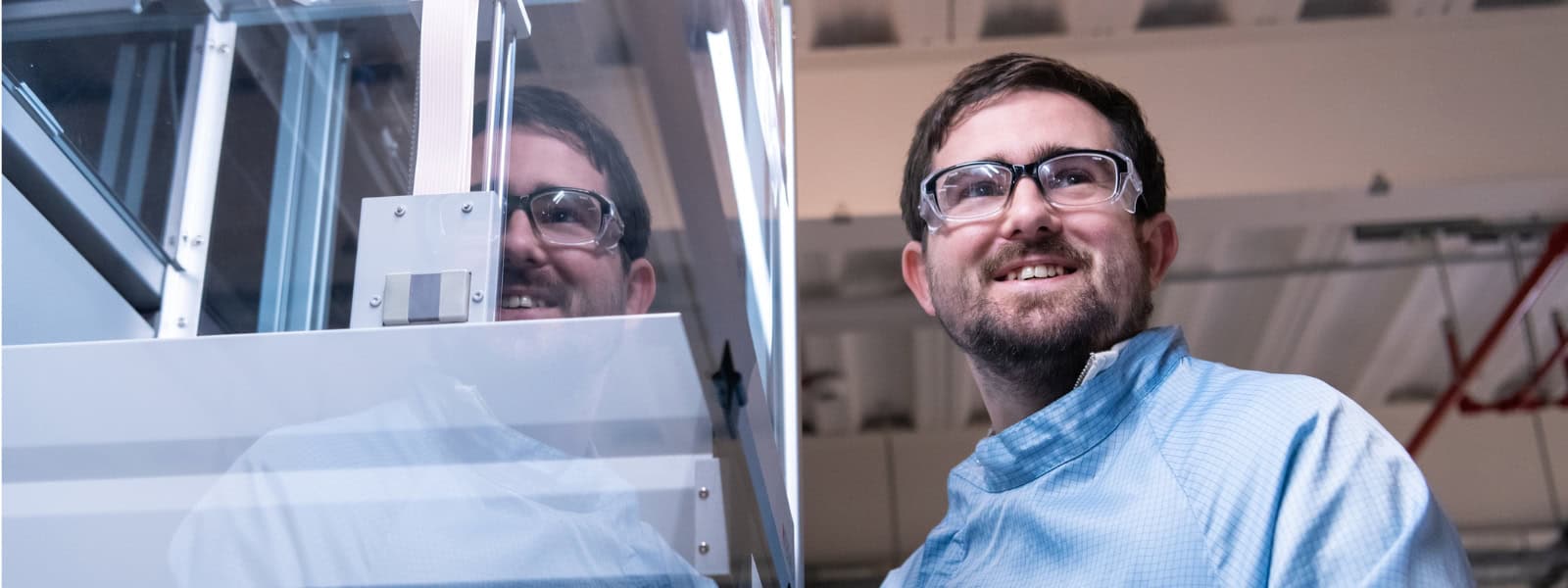Our data is enabling researchers worldwide to make scientific discoveries that improve public health.
Research stories
Read a selection of stories about how healthcare is being changed by discoveries made with our participants’ data.

An artificial-intelligence algorithm trained on brain images and movement data from 20,000 UK Biobank participants can spot early signs of Alzheimer’s and Parkinson’s disease.
The averaged score for bone strength used in clinics may not be enough to predict hip-fracture risk, scans from 7,000 UK Biobank participants have shown.

There’s a hidden link between the health of the heart and the brain, scans from more than 40,000 UK Biobank participants suggest.

40,000 UK Biobank participants’ bone-density images were used to create an automated system that could catch osteoarthritis before symptoms set in.
Publications
View publications linked directly to UK Biobank approved projects. More than 18,000 peer-reviewed scientific papers have been published as a result of using UK Biobank data.
- cancer and other tissue growths



